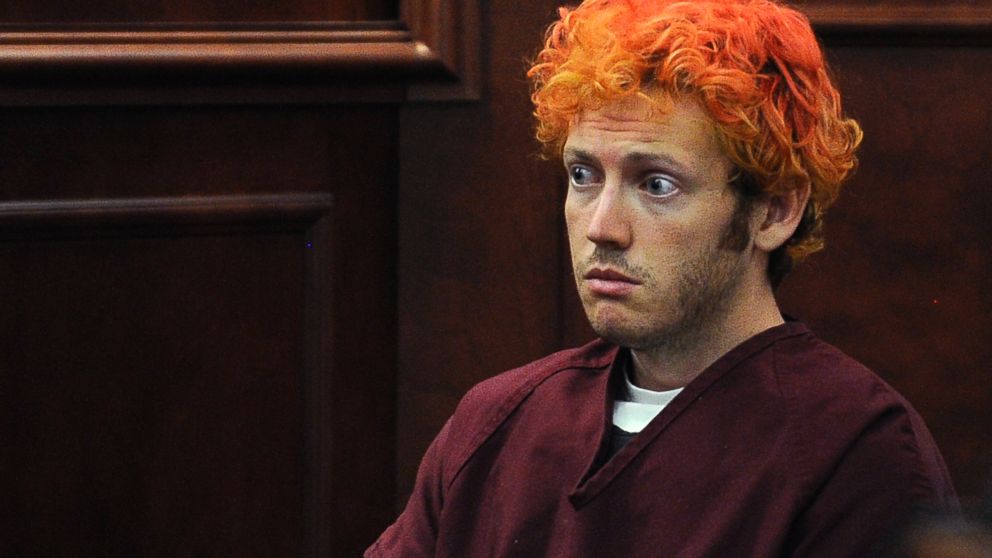James Holmes Had Homicidal Thoughts 3-4 Times a Day, Psychiatrist Testifies
Lynne Fenton said James Holmes had homicidal thoughts daily.

— -- A psychiatrist who treated accused Aurora mass murderer James Holmes testified in court Tuesday that he was having thoughts of killing people 3-4 times a day.
Dr. Lynne Fenton was one of the most anticipated witnesses in the trial because she is the last psychiatrist to have treated him in the months leading up to the 2012 shooting.
She told public defender Tamara Brady on cross examination at Arapahoe County Courthouse that the last time she treated him, around 5 weeks before the shooting, she was concerned that he was shifting into a "schizophrenic state.”
“His hatred of humans had remarkably impaired him?” asked Brady. "Yes,” Fenton answered.
The defendant referred to people as “sheeple” and “shepherds,” Fenton said Holmes told her during a session.
In an often shaky voice, Fenton described her patient as shy, anxious, bizarre and at times sad, but not depressed. She said though Holmes had homicidal thoughts, he never told her about a specific plan to kill people, and never mentioned a specific target.
The accused shooter has pleaded not guilty by reason of insanity. But the prosecution insists he was sane when he allegedly walked into the premiere of "The Dark Knight Rises" in full battle gear and gunned down 12 people, wounding 70 more.
District Attorney George Brauchler argued that Holmes was sane because he showed up on time for his appointments, was fastidious with his finances and came dressed the same as any other grad student.
Asked Brauchler, “Was there any evidence that he was an imminent danger to himself or others?”
"There was no evidence of that,” she answered.
On June 11, the day of their last appointment, Fenton was so concerned about the accused shooter’s state of mind that she called his mother, Arlene Holmes, who told her she had been worried about her son for a long time.
Fenton testified she then contacted the behavioral and environmental threat assessment team (BETA), which she herself started, and called University of Colorado police officer Lynn Whitten on June 11 for a background check, which turned up nothing.
According to court documents, Whitten then deactivated Holmes’ I.D. card to prevent him from entering locked buildings on campus, court documents say.
Court testimony has shown that during the time defendant was seeing Fenton, he had already begun buying the tear gas, gas masks, and several weapons including a pistol, a shotgun, and a semi-automatic rifle, all of which he used in the shooting.
In the weeks following the shooting, Fenton began to shift her focus at the university from treating to patients to working more with graduate students.
The decision to reduce the amount of time treating patients was Fenton’s, her employers say, and insist it is no reflection of her involvement with the theater shooting case or still-unanswered questions about whether more could have been done to stop the attack. She has been in this new position since April.




